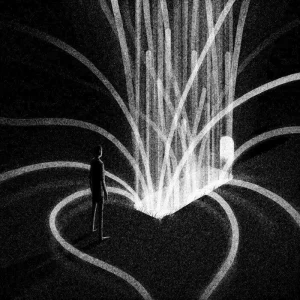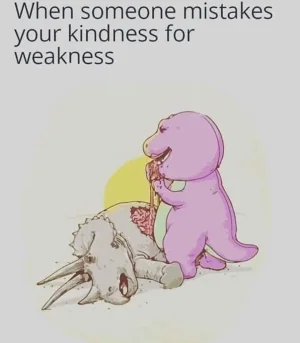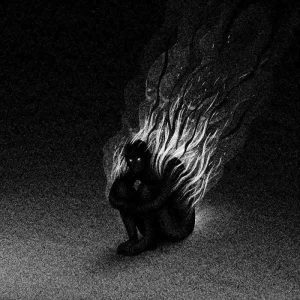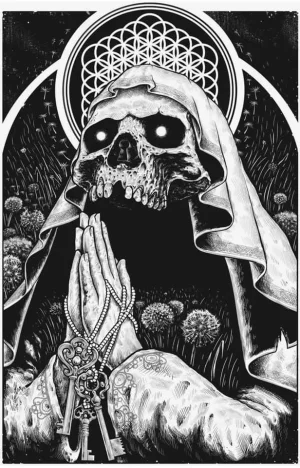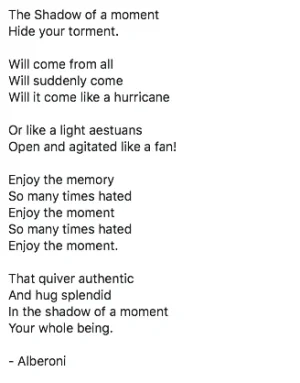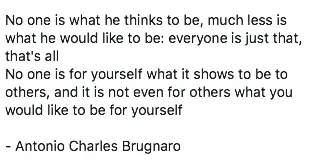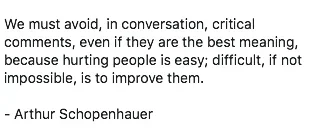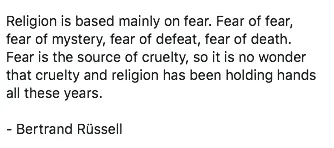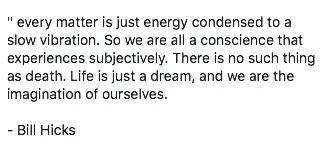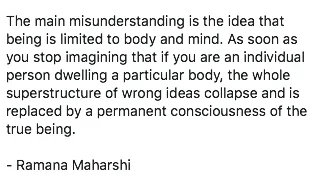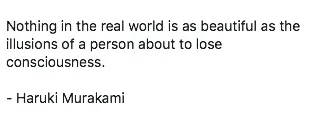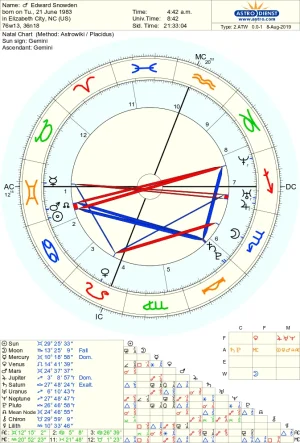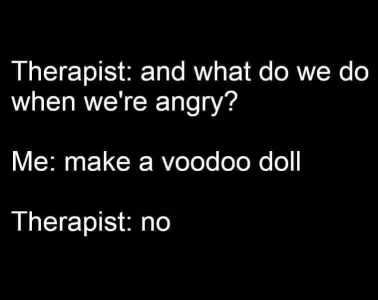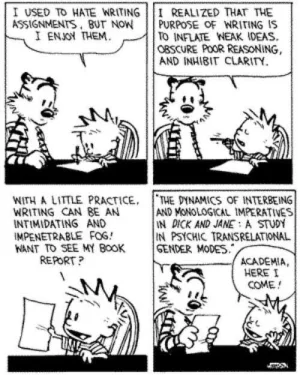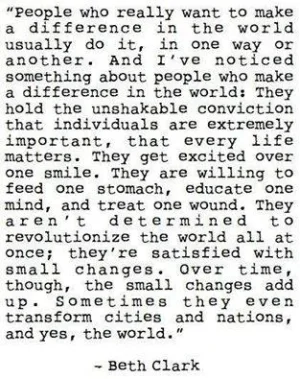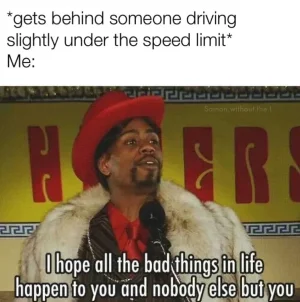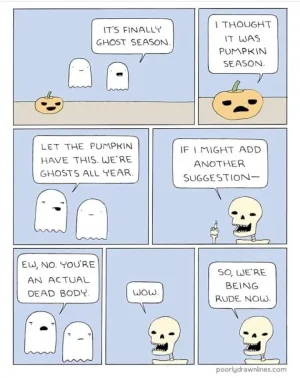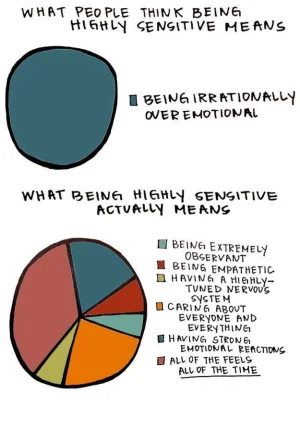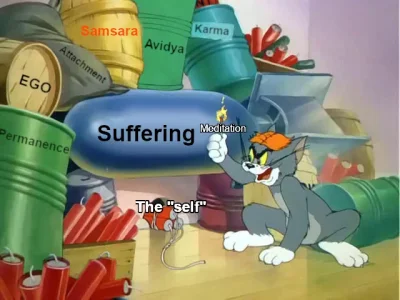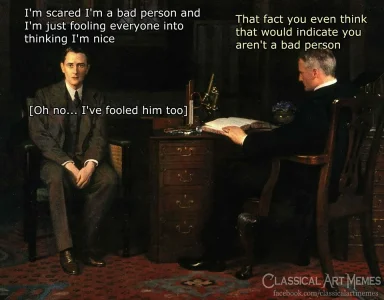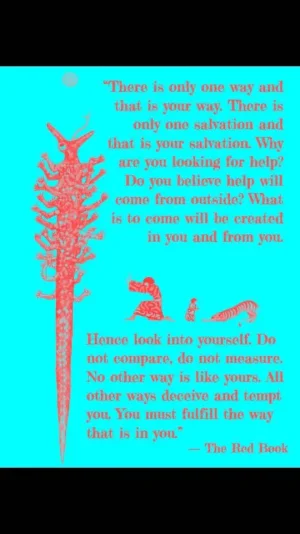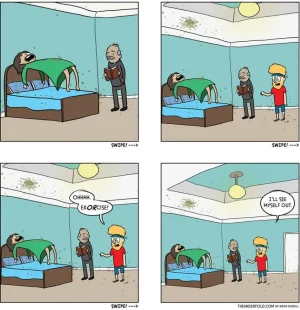Yes, yes, and yes.
Enjoy!
The scientist who says we CAN see the future in our dreams:
Think premonitions are just hokum?
A tantalizing book by a top neuroscientist will send shivers down your spine.
- Dr Julia Mossbridge has been studying precognition for the past 15 years
- She believes the phenomenon saved her from being injured in a house fire
- The cognitive neuroscientist and experimental psychologist led a study in the US
- Results show the human body prepares itself for changes in the future
- Research suggests 15-30 per cent of people have had precognitive dreams
- Dr Julia shared accounts of people who've seen the future in their dreams
- The expert also revealed how to tell if you have the ability to see the future
Have you ever had a hunch an old friend would make contact, dreamt about a plane crash, or ‘just knew’ you would win a raffle — and then it happened just as you’d predicted?
Most of us know what it feels like to experience uncanny feelings of premonition, a flash of insight into the future that seems to have no rational explanation.
We often dismiss these feelings as luck or a creepy coincidence, but what you may not know is that there is compelling scientific evidence that backs up the accuracy of at least some of these ‘precognitive experiences’, to give them their scientific name.
I’m a cognitive neuroscientist and experimental psychologist, and I’ve spent 15 years researching the phenomenon of precognition.
And I know how vital precognition can be, because I believe it saved my life, or at least spared my family and me from serious injury.
Dr Julia Mossbridge (pictured) explored the phenomenon of precognition,
as research shows the body gives unconscious signals to prepare for the future.
Six years ago, I was living with my son, then aged 13, and my partner, who was dying from a lung disease and needed oxygen to help with breathing. One evening I became preoccupied with checking that my son had locked his bike away in the garage.
I was so concerned that I started yelling at him, which was out of character for me.
Eventually, frustrated, I marched outside myself.
To my relief, the lock was secure, but on the way back I noticed the electrical meter on the back of the house was on fire.
There was no smoke or sound, just a slowly building fire.
On the other side of the wall from the flames was my boyfriend’s oxygen tank, which might have caused a massive explosion had it been ignited.
I realised my inescapable urge to check the garage door hadn’t been because of the risk of break in, but because of the danger the fire posed.
It was as if the future had reached out, gently pulled me forward and given me a glimpse of what needed to be done.
It’s just one example of the many times I’ve felt compelled to do something, or when I’ve clearly seen a future event, either in a dream or a flash of ‘knowing’.
Throughout my life, I have known mundane information before I should have known it.
I believe it has happened too often to be explained by sights or sounds that I took onboard unconsciously.
One of my favourite games at school was to guess what numbers my maths teacher would use to demonstrate a concept, or to guess the words on a vocabulary test.
I noticed I was not correct all the time, but I was correct enough to keep playing the game and I believe it helped make me an outstanding student.
It was as though my unconscious mind could take over and put the correct information on the page.
It left me fascinated with the way future events can be predicted by our minds and bodies even though we don’t know it, so much so it is now my main research area. It’s a passion.
In many ways, precognition makes logical sense; after all, predicting the future is an essential function of the human nervous system.
For example, if we hear a dog bark loudly when we’re out walking, it’s not precognitive, but we still ‘predict’ we may see a dog around the corner.
In early human times, the ability to make such predictions quickly may have meant the difference between life and death.
So is it such a stretch to think that there may be a way we could somehow prepare for important imminent events by activating the nervous system before they actually happen?
That’s what my research aims to discover.
I led a team at the respected Northwestern University in the U.S. that analysed 26 experiments published over the previous 32 years, all of which examined the claim that human physiology can predict future important or emotional events.
These studies had asked questions such as: ‘Do our bodies give different unconscious signals when we’re about to see a picture of someone pointing a gun at us, versus when we’re about to see a picture of a flower?’
The answer, our research concluded, is ‘yes’.
When you add all these experiments together, it became clear the human body goes through changes in advance of future important events — alerting our non-conscious minds seconds earlier to what is likely to happen.
In all of the experiments we analysed, a random number generator was used to select the future image so it was impossible to cheat.
On average, participants’ bodies showed changes that were statistically reliable.
For instance, they would sweat more (a behaviour associated with fear) before they were shown an image of a gun, and less before they saw a flower.
This happened too often to be scientifically considered chance.
Sceptics suggested that if a series of unemotional images, such as flowers, came along in a row, people might expect an emotive image (like a gun) to show up next, and that could change their physiology.
But I created a computer simulation to check for that effect, which showed that as long as there’s a decent number of participants, this physical precognition effect, called ‘presentiment’, could not be explained by this kind of psychological bias.
Other studies — also impressive and also repeatable — show that some rare people can successfully perform mental prediction for randomly selected events, days, weeks, or months in the future.
This is often called ‘precognitive remote viewing’.
Or you could call it ‘controlled precognition’ because it is a conscious effort to gather information about future events.
This is all touched on in The Premonition Code, the book I co-wrote with spiritualist author Theresa Cheung to try to help people become aware of the fact that precognition is a normal ability, it can be approached scientifically, and it can help us all in our everyday lives.
Of course, the burning question is; if precognition exists, how does it work?
The idea that the future may be glimpsed in the now sounds laughable — surely the definition of time is that it’s a ‘flow’ of events from the past into the future.
But actually physicists don’t agree whether this simple flow of time exists.
In most physics equations, for example, time can go forward or backwards.
Our concept of time flowing in one direction exists because we believe that certain events cause other events — a phenomenon known as causality.
According to our everyday experience, it seems like events in the past are the only things that can cause something to happen in the future — the cause always precedes the effect.
But some experts believe there is good evidence that, if causality exists at all, future events can cause things in the past.
We are entering a time (pun intended!) in scientific history where we are just starting to realize that we don’t have a clear grasp on the rules of time.
I believe that as science advances, precognition will come to be more fully understood and even accepted as normal.
In the meantime (ahem!), precognition can be thought of as a form of mental time travel.
It’s like a pull from the future.
These pulls, for most people, happen in the form of the brain’s night-time activity — a dream.
Precognitive dreams are the most commonly reported psychic experience, with research suggesting 15-30 per cent of people have experienced them.
Events predicted in them seem to happen about 40 per cent of the time the day after the dream.
A compelling example of how precognition can manifest through dreams happened to me when I was first divorced.
At the time I was looking for an apartment for my son and me, and I dreamed that my neighbour, Maureen, was renting out a ground-floor flat she owned. In the dream she even let me choose the paint colors.
So the next day I asked Maureen if she knew of any flats for rent.
We’d barely spoken before, but just as predicted, she did have a ground-floor apartment and, as it was being refurbished, I could pick the colours if I signed the lease straight away.
Holistic therapist Krysia Newman, from Cambridge, also experienced a precognitive dream in which the details uncannily matched what went on to happen in real life.
The night before she was due to take her two children swimming at a friend’s outdoor pool (which she had never visited before) she dreamed of a pool with a tall hedge at one end.
In her dream, as the children splashed she turned to see a large black dog jumping out of the hedge before it went for her.
When Krysia and her family arrived at her friend’s farm, she learned they did have Rottweiler dogs, but that they were behind locked gates during the day and never ventured near the pool.
Three times, Krysia enjoyed lovely afternoons at the pool, but each time she had the same dream the night before.
Before the fourth visit, the dream was even stronger — Krysia could hear screaming and the dog snarling.
This time, her premonition came true. Krysia was standing by the tall hedge when one of the Rottweilers jumped out at her, and the children in the pool started screaming.
‘Because of my dream I felt prepared,’ Krysia explained. ‘I controlled my fear and spoke very calmly to the dog and was amazed when he laid down behind me until the farmer arrived.
‘I believe if I hadn’t been “pre-warned”, I would have reacted with fear and someone would have been seriously injured.’
It’s examples like this that show how precognition can improve people’s lives.
For 47-year-old Hayley Grinnell, from Droitwich Spa, Worcestershire, who is a patient liaison officer for a private hospital, it was a friend she helped after dreaming he won £500.
Because it was such a specific dream, she messaged him about it.
‘The next day he told me he had sent his wife to bingo — and she had won £500,’ Hayley says.
So, could it be possible for some people to hone their precognitive skills and, if so, could they then use them to make money?
Believe it or not, the answers are yes, some people can, and yes, some people already do make money.
I’m aware of a small number who advise corporations about how decisions might influence the value of the company, or who have worked with law enforcement agencies to predict the future locations of missing persons or suspects.
One day, I genuinely believe there may even be a ‘Precog Economy’ — an economic boom in the area of using precognition for everything from assessing which hospital shifts will require extra doctors and discovering new medical research avenues to minimising the harm done by terrorist attacks.
Of course, precognition should not be the only tool used to predict future events, but work alongside existing techniques, such as data analysis.
Statistics professor Dr Jessica Utts stands by a 1996 study on precognition which suggests the practice can work well.
I am aware there are people who will think it sounds like bunkum.
But I still think it will happen.
While nobody can be 100 per cent sure whether precognition exists, the evidence is clear to me.
But don’t take my word for it — take that of Dr Jessica Utts, a respected statistics professor.
Dr Utts, a former president of the American Statistical Association, still stands by the conclusion she came to in 1996 after examining the scientific evidence for precognition.
She said:
‘Precognition, in which the answer is known to no one until a future time, appears to work quite well.’
Meanwhile, there are countless people like me who have made precognition a part of our lives.
We can attest to the fact that practising it — as one might practise yoga or meditation — reaps enthralling, and often informative, rewards.
The Premonition Code by Theresa Cheung and Dr Julia Mossbridge is available now.
________________________________________________________________________________________________________
How to tell if you’ve got the gift
If you want to test your abilities, or check if an experience you’ve had is genuinely precognitive, a good start would be to check it against the following criteria:
- Your dream or experience should match the event that happens in at least two specific ways. It’s not enough to dream that someone wins a marathon; it’s more likely to be a precognitive prediction if you dream of the particular person who does win.
- There should be less than a week between your experience and the event, unless there are many matches between the two. So if you have a flash of insight about winning some money, and a year later you win the Lottery, that’s not convincingly precognitive. However, if you have a flash of insight about particular Lottery numbers — and a year later win with all the same numbers, then that might be a precognitive experience.
- There can have been no way of predicting or causing the event in the normal course of your life.
- It's best to record your experience before the event actually occurs. That way, there can be no chance of being influenced by false memory.
For more information about testing or developing your precognitive skills go to thepremonitioncode.com





